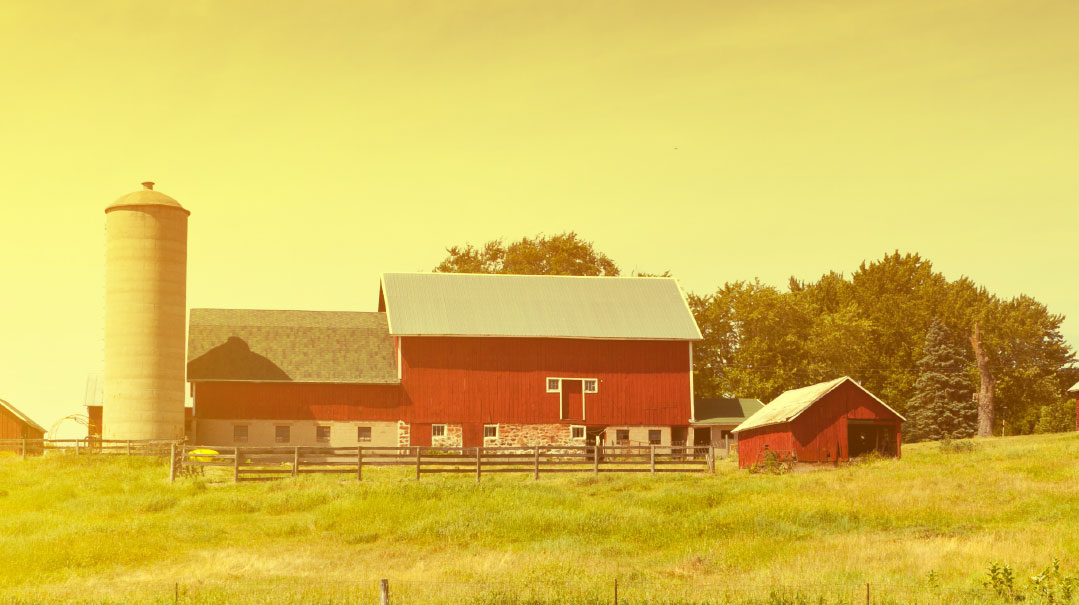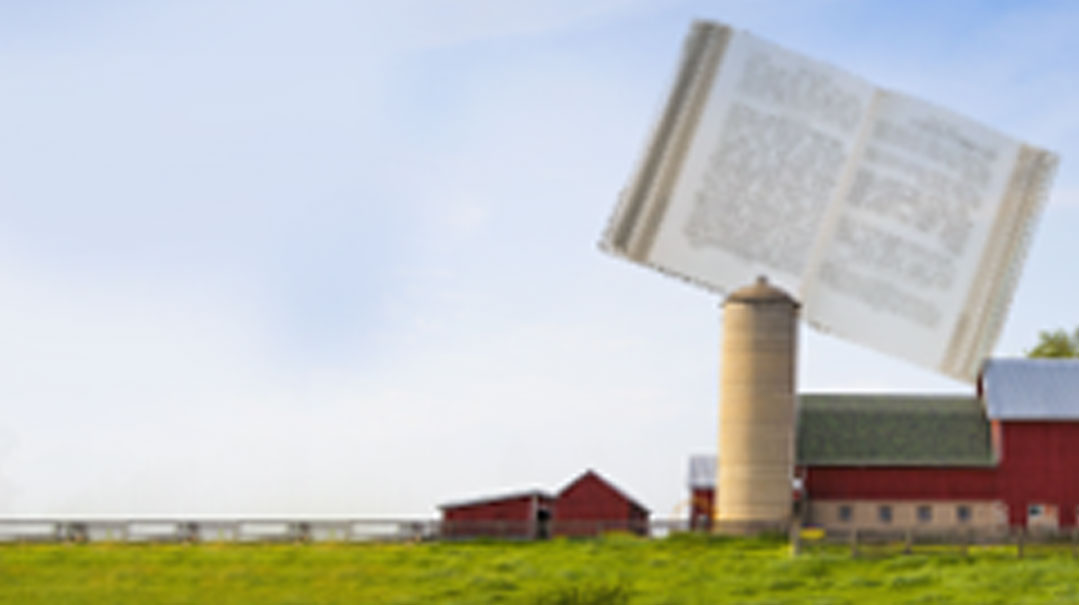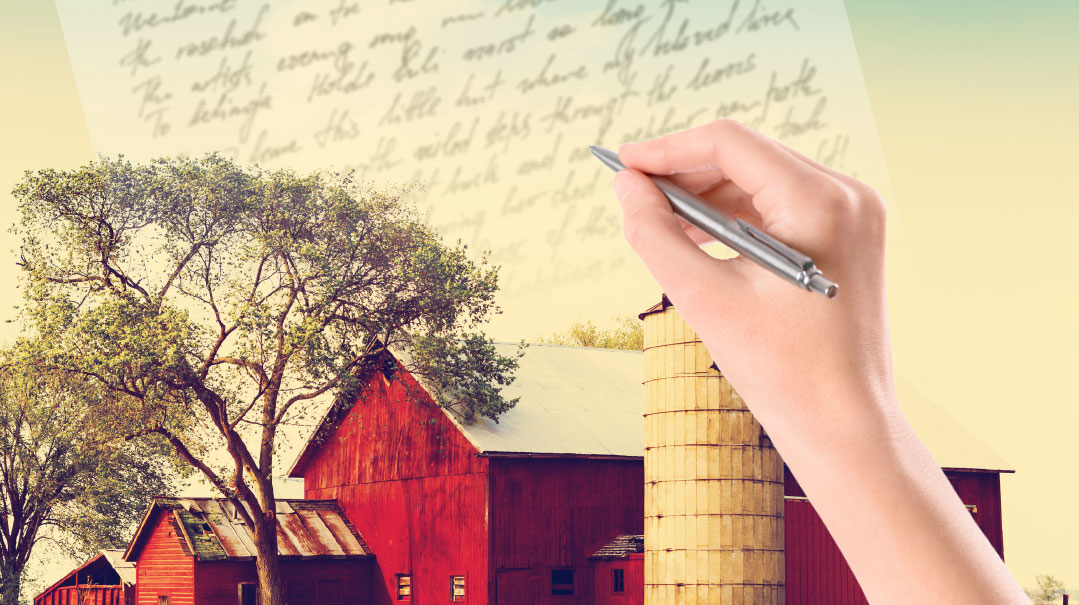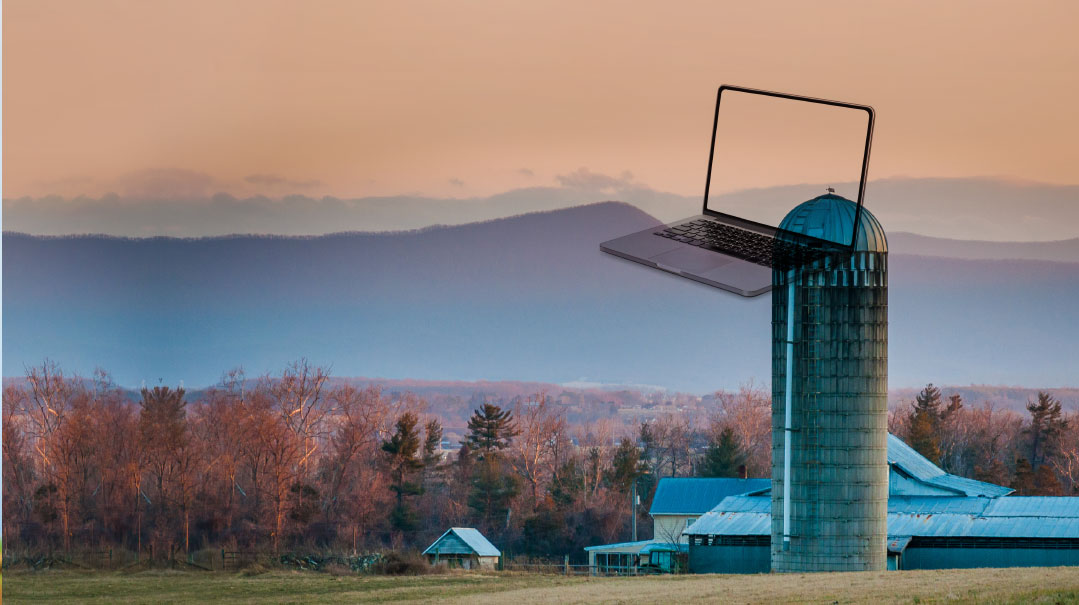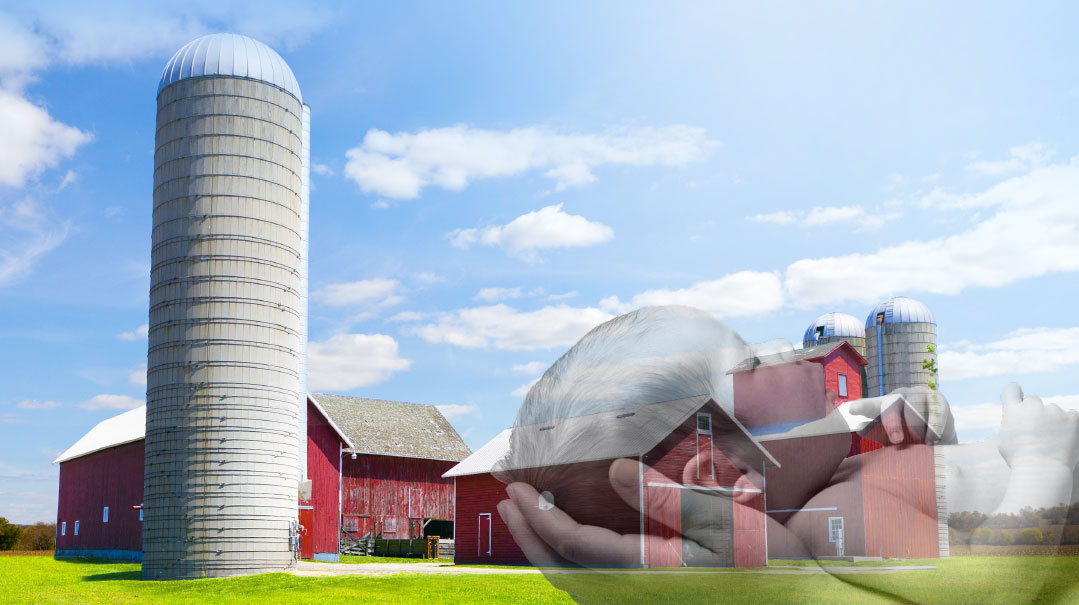Cool It
| September 30, 2020On Succos, we gather our crops, reflect on our harvest. In life, we gather our experiences, appreciate what we’ve gained

It had been a long day after a lousy night. I desperately needed a shower, a break, sanity. Dinner was running late and I was running on fumes as I tried to cobble something together.
“Mommy, Mommy, Mommy, can we have a freeze pop? Pleeeeeeease?” The kids crowded around me, begging with their most adorable faces on.
Make sure your interactions with your children are 80 percent positive and only 20 percent negative.
“No! Of course not! It’s almost dinner!” I snapped at them. Disappointed, they wandered off to the other room, where I heard them ask their father the same question.
“Sure, why not,” was his magnanimous reply.
If you want to prevent yourself from getting angry, take a deep breath, count to ten, take a drink of water.
I was instantly furious as soon as I heard this exchange.
Try not to fight in front of your children. Wait until later when you and your spouse can have a calm discussion.
“What are you thinking?” I hissed at my cheerful husband as he entered the kitchen.
Use “I” statements, not the more accusatory “you” statements.
“You’re making everything worse!” I continued my tirade.
Avoid using sweeping words like “always” and “never.”
“You always undermine me!” I declared.
Model the kind of behavior you want your children to learn.
I stomped upstairs and slammed the door behind me.
As I sank onto my bed, I felt the familiar feelings of regret at my outburst and despair that I’d ever be able to change. All the books and articles I read, the classes I took, the advice I got, the tefillos I uttered — they gave me a lot of tools, but most of the time I got angry before I could even access them. I had made a little progress here and there, but I was still so far from where I wanted to be, from where my family needed me to be.
Then COVID-19 hit.
I reached a breaking point on Chol Hamoed Pesach. I was hiding from my family in the bathroom, thinking about how I was so overloaded and overwhelmed, with all my kids home and no break, ever. I thought I’d been stretched thin before, but now I was barely functional. I couldn’t go on like this, it wasn’t an option. I needed to pull it together. But how?
Out of all the many anger-management tools at my disposal, I decided that the one thing I should focus on was to monitor my emotional state. Maybe if I paid enough attention to my mood I could catch myself before I exploded. It seemed like a long shot — I’d never been able to catch myself early enough before — but I had nothing to lose.
The next day, sometime in the afternoon, I was standing in my kitchen. It was dirty. Everyone was hungry, but no one wanted to eat anything I suggested. Someone wanted a cup of water but couldn’t be bothered getting it herself. My husband was also in the kitchen, opening and closing the refrigerator. I felt that familiar feeling of overwhelm start to creep up.
“I’m feeling really frustrated right now, and I need to take a walk,” I announced.
I put on my coat and scarf and hurried out of the house. As I walked very briskly down the street, I was forced out of my gloom by the thought that every home I passed was certainly dealing with their own unique situations.
I thought about how my stressors, while stressful for me, weren’t really so big, objectively. I just wasn’t managing them well. Most encouragingly, I had, for the first time, successfully avoided an explosion. It wasn’t an impossible goal. I could do this.
These days, I’m doing much better. It’s not like I’ve totally fixed this middah, and now I’m calm all the time. I wish. But the hope I felt on the day I took that walk enabled me to establish better coping mechanisms.
When I feel myself getting worked up, I say out loud, “I’m starting to get really frustrated.” I go outside and breathe some fresh air. I ask myself, “Is this really a big deal, or does it just feel like that right now?” I remind myself that Hashem is in control, not me.
And I try to get more sleep and take the time to eat reasonably well so my physical needs are balanced. If I do lose my cool, I don’t feel despair anymore, and that helps me calm down faster. All those years of hishtadlus have finally paid off.
(Originally featured in Family First, Issue 712)
Oops! We could not locate your form.

